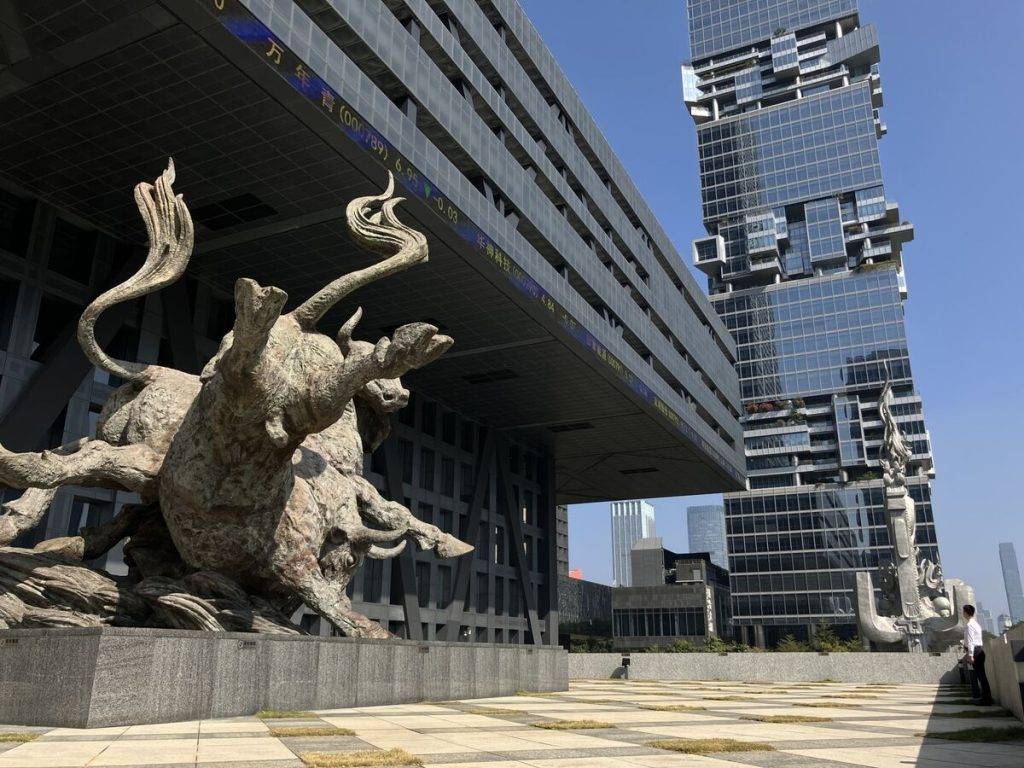China tightens stock market rules after sell-off
To stem a persistent downturn in the world’s second-largest economy, China has implemented more stringent rules within its financial industry.
The move comes as Chinese and Hong Kong stocks have seen a staggering loss of nearly $6 trillion (£4.7 trillion) since their most recent peak three years ago.
The China Securities Regulatory Commission (CSRC) asserts that these measures are aimed at establishing “a fairer market order.” Effective Monday, the new regulations will impose limits on “short-selling.”
Short-selling involves traders betting that a share or asset will decrease in value. By borrowing the asset and selling it immediately, their goal is to repurchase it later at a lower price, thereby pocketing the difference. Advocates argue that short selling plays a crucial role in determining the true value of an asset in financial markets.
However, critics view short selling as a cutthroat trading strategy that can undermine companies. The CSRC’s latest announcement follows a series of informal measures introduced by the regulator over the past year, which proved ineffective in shoring up financial markets.


